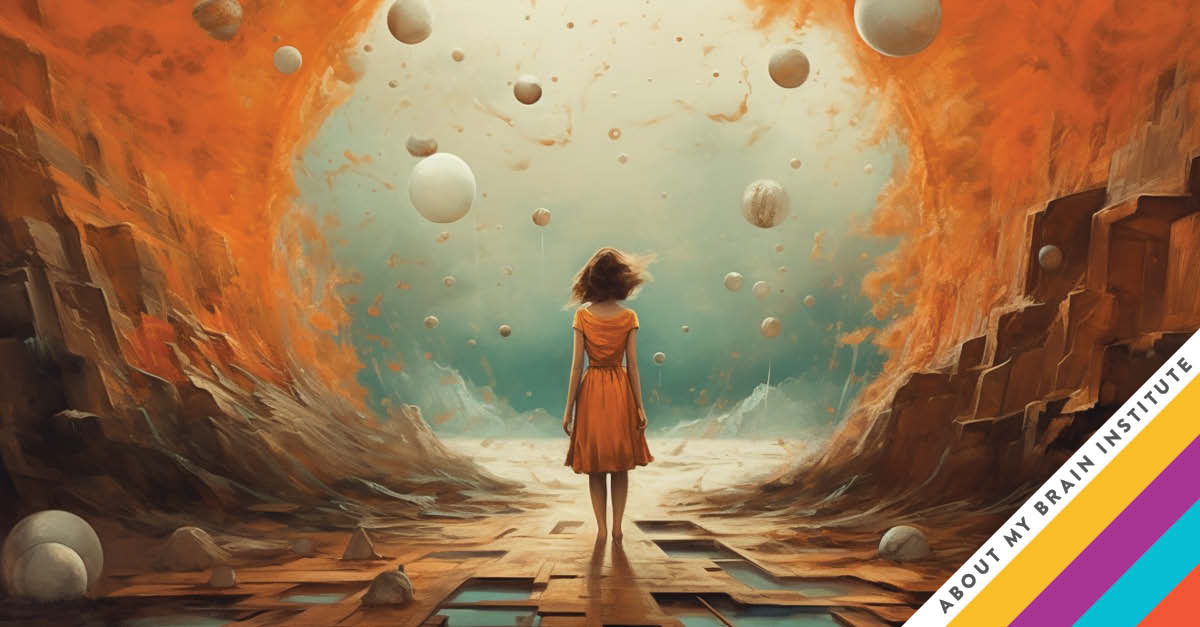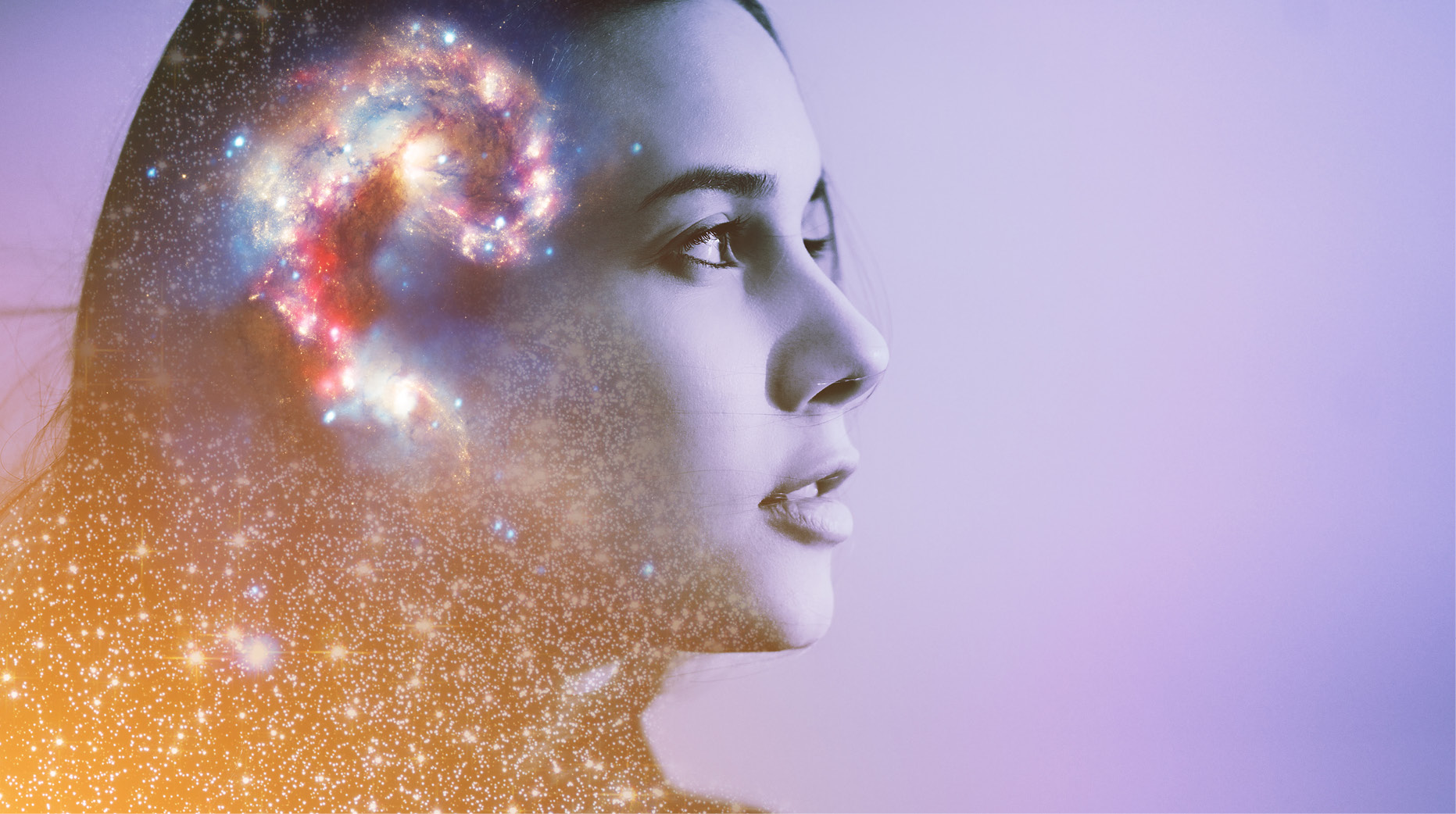I still remember how sad I felt when my father told me many years ago that the local cinema was closing its doors. The appearance of home videos drastically affected the movie theatre business around the world. For a while at least.
A few years later, renovated theatres began to appear again, one after the other. Small and charming, they featured popcorn and soft drink combos that became almost as expensive as the movie tickets.
Despite the increased costs, people flocked to watch movies on the big screen and enjoy the social and novel experiences of movie marathons, gold class seats, great food, and a glass of champagne. Going to the theatre was a social activity once again.
For some reason, movie theatres are one of the social changes that have impacted me the most. This change helped me understand that certain things follow an inevitable cycle. Technologies are continually being developed, but technology completely ignores how important it is for humans to keep in close contact.
As I read the Google digital trends report for 2017 and statistics provided by Code Computerlove, I couldn’t help but smile. Mobile payments are thought to be the most sought-after technology this year, which would definitely make our lives easier. But at the same time, surveys also show that 1 in 5 people are aiming to spend less time in front of screens, and 9 out of 10 consumers claim no interest in using augmented reality anytime soon.
Perhaps we are beginning to understand that to have happier and more joyful existences we need to remain socially connected with our friends, our families, and our peers. Maintaining the balance between technology and our humanity is necessary to stay resilient in this fast-paced world.
The digital economy that we live in can be overwhelming and unsettling, particularly if our biological systems gets out of balance. Too many hours of work, the overuse of technology, and the lack of physical movement, sleep, and healthy relationships can lead to feelings of loneliness, anxiety, and depression, making us less resilient.
It is probably worth it to take the time to educate ourselves and make technology choices that truly serve us, rather than desperately jumping on the latest trend without thinking of the consequences.
While perusing the current literature on resilience, I discovered that despite the continuous advancements in trying to understand what makes up a resilient brain, the neurobiological underpinnings are not yet well defined enough to establish the profile of a stress-resilient individual. There are complex genetic and epigenetic mechanisms involved, as well as neurochemistry processes and personal experiences that when combined, can impact the capacity of someone to deal more effectively or not, with life stressors.
Even though the research is still unclear, we know that when we exercise, create, meditate, socialise, help others, travel, and experience loving relationships that life tastes, sounds and feels much better. Consequently, we are more likely to become stronger in the face of adversity.
Though it is useful to find scientific evidence and unravel the molecular mechanisms of a resilient brain to help in the healing of the most difficult cases, let’s not disregard the positive effect that social support and connectedness can have on those who are less resilient.
I invite you to slow down and pay attention because great solutions can be created if we are willing to be creative. A good example can be found in the Netherlands. An aged care home invited university students to live with the older residents, creating a dynamic that benefited both parties. The students now had a free, safe place to call home. The elderly residents profited from the positive energy, exuberance, and attention of the students. Residents felt the effect of the youthful joy and humanity around them.
We may have gone from living analogously to living digitally, but the reality is that humans are still humans and the feelings of love are still prevalent, no matter how many videos or kinds of technology surround us.
Having electricity readily available doesn't mean that you can’t have dinner under the moonlight.
Every so often we need to take a moment, silence our phones, turn the lights off, and enjoy dinner under the stars with someone we love.
- i4 Neuroleader (353)
- Leadership & Culture (325)
- Brain Health & Wellbeing (202)
- Innovation (97)
- Performance (85)
- Our News (80)
- Collaboration (68)
- Agility (53)
- Practitioner Stories (44)
- In The Press (36)
- Make Me A Leader (33)
- Balance (31)
- Integration (30)
- Imagination (29)
- Awareness (23)
- Brain-Friendly Channel (22)
- Communication (22)
- Curiosity (21)
- Inspiration (19)
- Intuition (19)
- Attitude (17)
- Courage (16)
- Adaptability (14)
- Case Studies (14)
- Drive (14)
- Generosity (13)
- Brain-Friendly Leadership (11)
- Ethics (9)
- Mental Readiness (9)
- Influence (8)
- Retreat (6)
- Brain-Friendly Leadership (1)
- Oracle Cards (1)
- 1 April 2025 (1)
- 1 March 2025 (9)
- 1 February 2025 (3)
- 1 September 2024 (4)
- 1 July 2024 (2)
- 1 June 2024 (6)
- 1 May 2024 (2)
- 1 April 2024 (3)
- 1 March 2024 (1)
- 1 November 2023 (1)
- 1 August 2023 (1)
- 1 July 2023 (2)
- 1 June 2023 (2)
- 1 May 2023 (4)
- 1 April 2023 (2)
- 1 March 2023 (7)
- 1 February 2023 (4)
- 1 January 2023 (1)
- 1 September 2022 (1)
- 1 May 2022 (3)
- 1 April 2022 (1)
- 1 March 2022 (5)
- 1 February 2022 (4)
- 1 January 2022 (4)
- 1 December 2021 (2)
- 1 November 2021 (4)
- 1 October 2021 (3)
- 1 September 2021 (6)
- 1 August 2021 (1)
- 1 April 2021 (1)
- 1 December 2020 (2)
- 1 November 2020 (1)
- 1 September 2020 (1)
- 1 August 2020 (1)
- 1 July 2020 (3)
- 1 June 2020 (4)
- 1 May 2020 (3)
- 1 April 2020 (4)
- 1 March 2020 (6)
- 1 February 2020 (4)
- 1 January 2020 (2)
- 1 December 2019 (3)
- 1 November 2019 (3)
- 1 October 2019 (5)
- 1 September 2019 (4)
- 1 August 2019 (4)
- 1 July 2019 (4)
- 1 June 2019 (5)
- 1 May 2019 (9)
- 1 April 2019 (9)
- 1 March 2019 (8)
- 1 February 2019 (7)
- 1 January 2019 (8)
- 1 December 2018 (5)
- 1 November 2018 (10)
- 1 October 2018 (16)
- 1 September 2018 (9)
- 1 August 2018 (10)
- 1 July 2018 (9)
- 1 June 2018 (8)
- 1 May 2018 (9)
- 1 April 2018 (9)
- 1 March 2018 (9)
- 1 February 2018 (8)
- 1 January 2018 (8)
- 1 December 2017 (6)
- 1 November 2017 (9)
- 1 October 2017 (9)
- 1 September 2017 (8)
- 1 August 2017 (10)
- 1 July 2017 (8)
- 1 June 2017 (8)
- 1 May 2017 (9)
- 1 April 2017 (8)
- 1 March 2017 (6)
- 1 January 2017 (3)
- 1 December 2016 (4)
- 1 November 2016 (5)
- 1 October 2016 (4)
- 1 September 2016 (2)
- 1 August 2016 (4)
- 1 July 2016 (4)
- 1 June 2016 (2)
- 1 May 2016 (3)
- 1 April 2016 (3)
- 1 March 2016 (7)
- 1 February 2016 (2)
- 1 January 2016 (5)
- 1 December 2015 (2)
- 1 November 2015 (2)
- 1 October 2015 (4)
- 1 September 2015 (2)
- 1 August 2015 (2)
- 1 July 2015 (1)
- 1 June 2015 (3)
- 1 May 2015 (4)
- 1 April 2015 (5)
- 1 March 2015 (3)
- 1 February 2015 (3)
- 1 January 2015 (3)
- 1 December 2014 (3)
- 1 November 2014 (3)
- 1 October 2014 (3)
- 1 September 2014 (5)
- 1 August 2014 (4)
- 1 July 2014 (5)
- 1 June 2014 (3)
- 1 May 2014 (1)
- 1 March 2014 (1)
- 1 December 2013 (2)
- 1 November 2013 (1)
- 1 July 2013 (1)
- 1 June 2013 (1)
- 1 May 2013 (3)
- 1 April 2013 (1)
- 1 March 2013 (2)
- 1 February 2013 (1)
- 1 January 2013 (2)
- 1 November 2012 (1)
- 1 October 2012 (1)
- 1 September 2012 (1)
- 1 August 2012 (2)
- 1 July 2012 (1)
- 1 June 2012 (1)
- 1 May 2012 (2)
- 1 April 2012 (1)
- 1 February 2012 (1)
- 1 January 2012 (1)
- 1 November 2011 (1)
- 1 October 2011 (3)
- 1 September 2011 (2)
- 1 July 2011 (1)
- 1 June 2011 (1)
- 1 May 2011 (1)
- 1 April 2011 (1)
- 1 March 2011 (1)
- 1 February 2011 (2)
- 1 January 2011 (4)
- 1 December 2010 (4)
- 1 November 2010 (3)
- 1 October 2010 (5)
- 1 September 2010 (4)
- 1 August 2010 (4)
- 1 July 2010 (3)
- 1 June 2010 (4)
- 1 May 2010 (7)
- 1 April 2010 (5)
Subscribe by email
You May Also Like
These Related Stories

In Pursuit of Purpose

How Dancing Changed My Mental And Physical Health



No Comments Yet
Let us know what you think